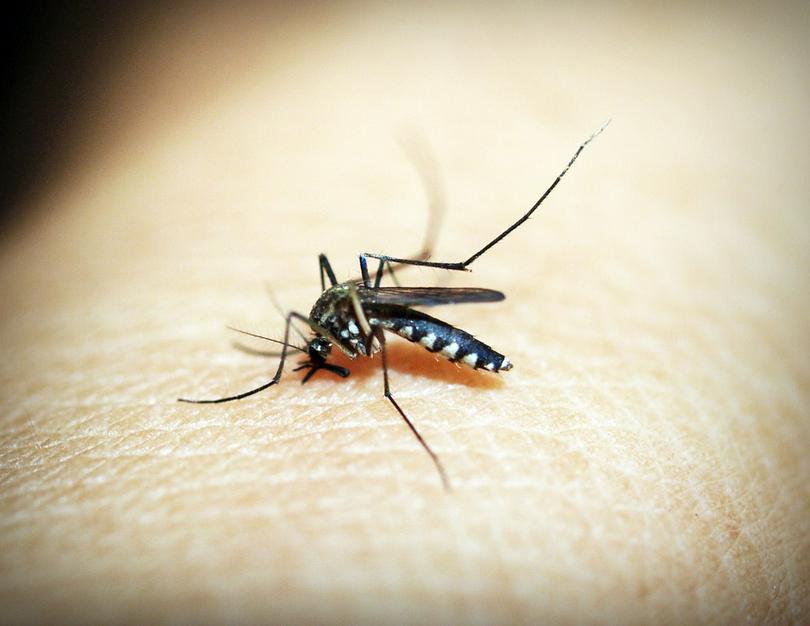The National Environment Agency (NEA) continues its effort to suppress the urban Aedes aegypti mosquito population and fight against dengue which is called "Project Wolbachia." And now, it has received a technological support.
On September 18, NEA's Environment Health Institute (EHI) announced that it has teamed up with Google Life Sciences, Verily now, to come up with an advances and more efficient war to release and sort the male Wolbachia mosquitoes for Phase 2 of the field study.
An AI sex-sorting technology accurately separate the males from the females. NEA currently uses a funnel-type device in separating. According to the announcement, AI sorting is more accurate and less laborious.
"Such a technology would prevent accidental release of female mosquitoes, which is important to ensure the effectiveness of the Wolbachia methodology in suppressing the urban Aedes mosquito population," said NEA deputy chief executive officer Khoo Seow Poh.
To recall, "Project Wolbachia" uses Wolbachia-infected mosquitoes to suppress the Aedes aegypti mosquito population in Singapore. When male Wolbachia-infected mosquitoes mate with urban females Aedes aegypti mosquitoes, the eggs spawned will not hatch, not increasing the population.
Verily has developed an automated cart to release male Wolbachia mosquitos. The cart is set to be tested at NEA's Tampines West study site later this month.
"With more of such male Wolbachia mosquitoes in the environment, there is a higher chance that the existing female Aedes aegypti will mate with them and lay sterile eggs, according to NEA," Channel News Asia reiterated.










